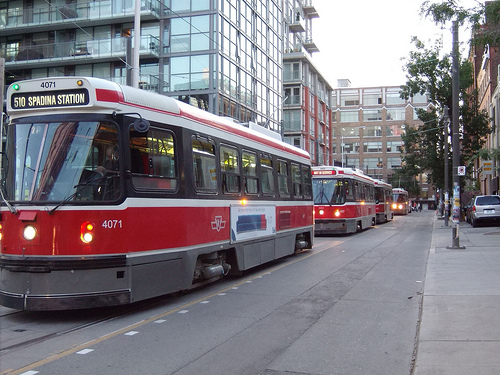It’s hard not to watch Cyprus the way you watch one of those plucky little countries that appear in the World Cup and people root for. This week they rejected the European hierarchy’s latest attack on its citizens. The plan involved swiping a portion of all savings accounts there in return for another bailout that won’t work. It was so blatantly unfair to ordinary folks who, as usual, weren’t to blame for the mess, that even Cypriot legislators voted it down.
Greeks, who’ve gone into the streets in awesome numbers with similar gripes, were green with envy, someone said. They never got their own reps to back them. “Apparently,” wrote Yves Smith on her Naked Capitalism website, “a fast seizure of funds is harder for the public to accept than a sustained grind-down into penury.”
Could this be a key moment in the fightback against the austerity zealots and deficit-slashing obsessives who’ve ruled disastrously for decades? It seems quixotic but nothing else worked. They don’t respond to reason or evidence. Like all fanatics, when faced with results — like lower growth and still rising deficits — they say it’s because we haven’t done enough yet; grind the people down further! Maybe the answer is guerrilla warfare: strike, then dissolve swiftly into the populace; when the enemy attacks we retreat, when the enemy retreats, we attack. Everywhere finds its own version. As Che Guevara said in, granted, another context: create one, two many Vietnams — overwhelm them.
What could Toronto’s contribution to this revolt be? It may stand before us: dedicated funding for public transit. No kidding. A motley alliance has assembled: the Board of Trade, Greater Toronto Workers’ Assembly, Metrolinx, Premier Wynne. It means raising money through sales and other taxes, parking fees, congestion charges, tolls. That’s already good: it rejects the mindless tax-cutting we’ve seen, and implies taxes aren’t evil — in fact that Good Things Cost Money! Talk about a revolutionary slogan. It also sidesteps the bombastic debate on debt by adding nothing to what’s already publicly owed.
But the key is: all that money is designated (“dedicated”) for public transit. It can’t go to bribing voters or paying bondholders. It means we get what we pay for and can see the results. It rehabilitates the term public, to which we all belong and in which we should take pride versus revile. It increases democracy because the government has to spend that money as it said it would: they can’t backtrack. It’s a bit like having a referendum without holding one.
It won’t come easily. Citizens are habituated to badmouthing the use of shared wealth for common purposes — despite examples like health care and schools. Rob Ford will hate it, so will Tim Hudak. So, it seems, does NDP Leader Andrea Horwath, who sounds weirdly similar to the Tea Party in the U.S. She says added taxes put too much pressure on ordinary families: what else is new? It would be nice if, in a rare case, those impositions led to results that are useful to those overcharged ordinary families, like improved public transit.
This kind of dedicated pay-as-you-go also combats efforts to demolish public programs since it makes them better and therefore harder to kill off; versus deficit mania, which shrinks programs like transit and makes people hate them for the long waits, surly passengers and overcrowding. By the time they’re gone nobody misses them, at least not till it’s too late.
What might be the next step in a guerrilla campaign to restore the public realm — as the guerrillas of yore encircled the cities? How about: not just decent public transit but free? Free is tough to argue with. Free public education and health care have been hard to dislodge. Of course everyone knows they’re not actually free; we pay but we pay as a society, it’s a shared cost because everyone benefits, even if they don’t use them. Same goes for public transit. And this generation of youth can be passionate about free, especially when it comes to content on the Internet. (A case, like free trade, where I personally have reservations.) That, too, would be a perk: increase the base of citizen engagement instead of downsizing it like everything else.
This article was first published in the Toronto Star.
Photo: Jeff Samsonow/Flickr



